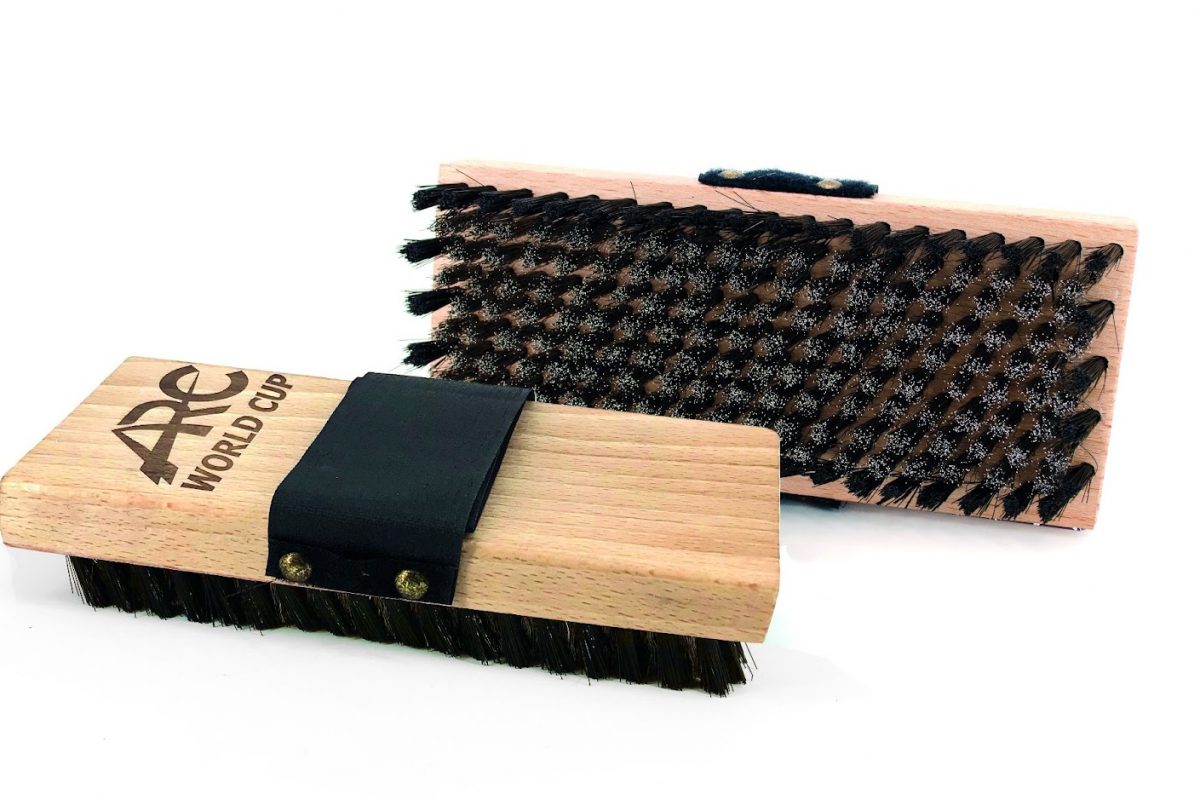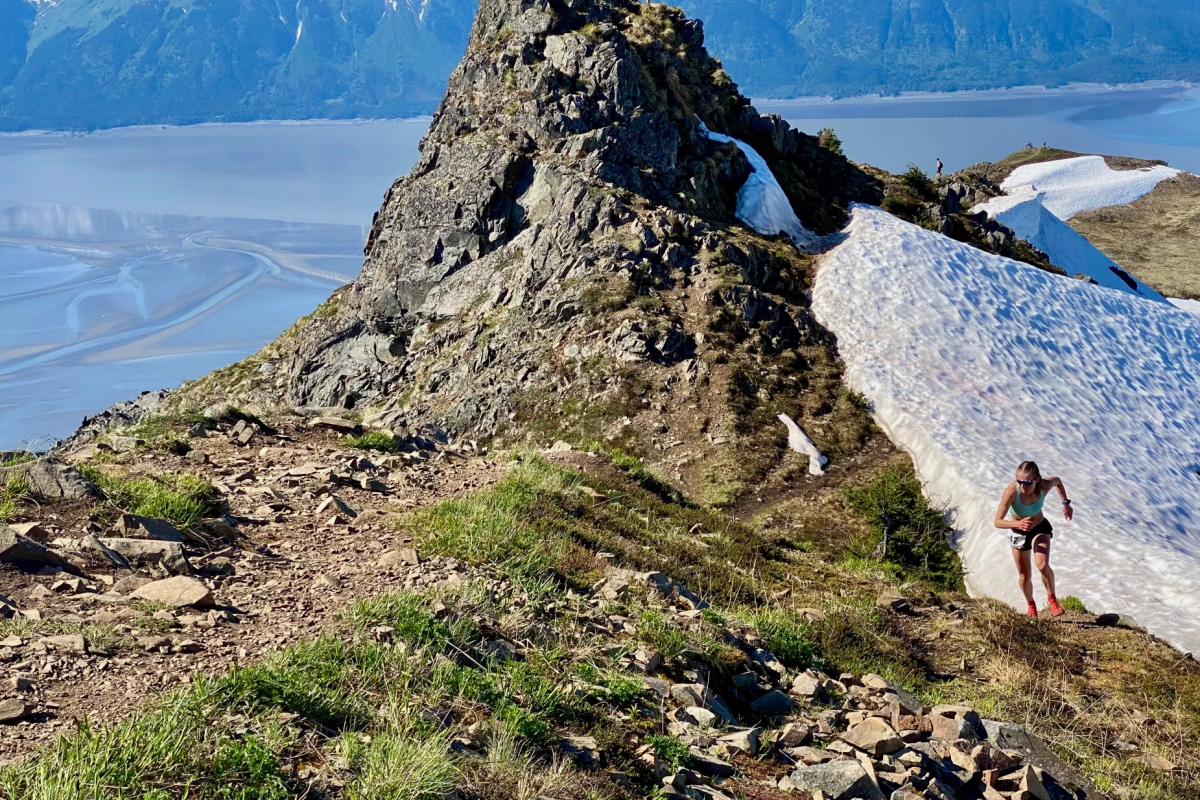
Any high-level racer will tell you experience is key, but sometimes it’s just as important to take in the moment. Ask Mike Sinnott, a member of the Sun Valley Ski Education Foundation Gold Team who recently competed in a couple of World Cups.
Six days after placing 37th in the Moscow freestyle sprints for his second-best individual World Cup result, Sinnott made his first Scandinavian Cup start this year on Wednesday in Madona, Latvia. There, the 27-year-old qualified for the freestyle sprint heats in 17th and went on to place sixth in the A-final.

Canadian Phil Widmer (Alberta World Cup Academy) also made the Scando Cup final after qualifying in 12th, winning his quarterfinal and placing second in his semifinal. He finished fifth overall after four Norwegians. Kristian Tettli Rennemo won the A-final, Hans Petter Lykkja was second, Eirik Lorentsen placed third and Joergen Braathen was fourth.
While both Widmer and Sinnott raced on similar European domestic circuits in the past, Sinnott wrote in an email that Wednesday’s races were invaluable as he looked forward to future World Cups.
“I never qualified for the heats on the World Cup, and that is where I think the real experience was gained today,” he wrote. “I think this helps me better prepare and learn about what to expect in a World Cup race, rather than the other way around. It was a pretty impressive field today.”
Carried by a little bit of luck and some sprint savvy, Sinnott made it through the rounds, advancing out of the quarterfinal after a crash bumped him from fifth to second. He dodged another pileup about 500 meters from the finish of his semifinal. His pole broke with about 100 meters to go, but he finished third to make the final.
“There was chaos like I’ve not seen,” Sinnott wrote of the heats. “I think it’s fair to say that I did a better job than other people in avoiding the crashes and I kept myself in contention to take advantage.”
As for the inevitable learning curve, Sinnott surmised he skied well in places and not so hot in others. He noted the course was windy and difficult to make moves on, particularly on the hills where he “felt great on the climbs but was frequently blocked out.”
“I think I can climb with those top guys, but I need to work on weaseling through the tight spots and starting faster so I don’t have to,” Sinnott said.
He also aimed to leave less in the tank and reflected that he should have gone harder in the qualifier, considering he was seeded sixth to start.
“If this was a couple weeks ago, I would have been happy with how it went. I was racing based on my body from last month, but my February body seems to have more,” Sinnott wrote. “I can’t complain on the day as a whole, and I think it was a great learning experience against some fast skiers.”
Widmer reported in an email that he felt good in the heats after recovering from stomach bug, which infected the Canadian team. He came down with the multiple-day sickness last Friday after the Alpen Cup classic sprint in Campra, Switzerland. There, he placed fifth after winner Dario Cologna, the defending Tour de Ski champion from Switzerland.
After qualifying in first on Friday, Widmer said he had hoped for the podium and wasn’t intimidated by World Cup leaders, like Cologna.
“It’s not my first time to the rodeo so to speak,” wrote Widmer, 28. “The guys over here are fast, but that being said the OPA isn’t light years ahead of the Nor-Am’s in Canada and the US. Obviously Dario is ridiculously fast so to get to ski with him is always something that’s motivating.”
After placing fifth in his second-straight race since missing Saturday’s 10 k in Campra, Widmer was satisfied overall.
“I was scrambling at some points and didn’t have as much ‘jam’ as I would have liked in the final,” he wrote. “There’s never a dull moment during these Scando Cups, so being ready for that helps.”
After Widmer, Michael Somppi (National Development Centre-Thunder Bay) was the next top North American in 20th. He qualified in 29th and was fourth in Widmer’s quarterfinal. Last Friday in Campra, he also qualified in 29th and ended up 20th, which he called, “really odd.”
“I guess I’m learning how to ski more tactically in heats and maybe able to push myself a little harder when others are setting the pace,” Somppi wrote in an email. “This has been my first time racing heats in international competition and I’m having fun with it.”
One of several Canadians struck by sickness, Somppi wrote he finished Saturday’s 10 k “with very little energy and was immediately sick upon making it back to our accommodation.”
Fortunately, the ailment passed and the team was healthy again, according to Somppi. He was looking forward to a challenging 30 k freestyle mass start on Thursday with 198-meters of climbing per 5 k loop.
Rorabaugh Leads North American Women
It might be her first Scando Cup race of the season, but Becca Rorabaugh (Alaska Pacific University) knew what to expect after racing in Madona last year. She was 14th in Wednesday’s quarterfinal, the top North American in the women’s freestyle sprints.
At last year’s 1 k skate sprint in Latvia, Rorabaugh finished 15th. With the Swedish national team there this year, she wrote in an email that 14th was significantly better.
“The race felt pretty darn good; I have been surprised by how good skiing has felt after the amount of travel that it took to get here,” Rorabaugh wrote after last racing in Alaska at the end of January. “It was really fun to get into a heat with these girls and mix it up a little. I felt like I was in contact the whole way, not really struggling or falling behind, and I was happy with that.”
She placed third in her quarterfinal behind eventual winner Kjersti Boe (NOR) and Eva Svensson (SWE), who also made it to the A-final and finished fourth. Norwegians Kathrine Rolsted Harsem and Martine Ek Hagen took second and third, respectively. Also for Norway, Kari Vikhagen Gjeitnes was fifth and Maria Nysted Groenboll sixth.
Rorabaugh recalled the top finishers from last year’s Madona Scando Cup sprint: Norway’s Heidi Weng was second and U.S. Ski Team members Ida Sargent and Jessie Diggins placed a respective fourth and fifth.
“[They] are on the World Cup tearing it up now, so I know the field is pretty strong,” Rorabaugh wrote.
Nakkertok racer Alana Thomas also made the quarterfinals, where she finished fifth in her heat and 23rd overall. She qualified in 26th.
“Today’s sprint went well – definitely picked up a few tips and tricks from the fast Scandinavians,” Thomas wrote. “I had great energy and wasn’t quite able to crack into the top 20 so it was an eye-opening day to see just how fast girls move over here.”
At the Alpen Cup last weekend, Thomas placed eighth in Sunday’s 10 k freestyle pursuit. She was sick earlier in the week and sat out Friday’s sprint. On Wednesday, Thomas was back at full strength and excited for the 15 k freestyle mass start.
Emily Hannah (Steamboat Springs Winter Sports Club) qualified as well on Wednesday, placing 29th in her first race in Europe. Out of 39 competitors, she wrote that she was excited to squeeze into the heats after qualifying in 28th.
“Right out of the start it [the quarterfinal] was the fastest heat I’ve ever been in,” the 17-year-old wrote. “I just couldn’t keep up. The announcer had said something about a Norwegian in my heat having had some World Cup starts – which I think is pretty cool.”
Thursday’s race will be Hannah’s first career 15 k.
“I’m just hoping to find someone to ski with, but I’m sure it’ll be fun no matter what,” she wrote.
Alex Kochon
Alex Kochon (alexkochon@gmail.com) is a former FasterSkier editor and roving reporter who never really lost touch with the nordic scene. A freelance writer, editor, and outdoor-loving mom of two, she lives in northeastern New York and enjoys adventuring in the Adirondacks. She shares her passion for sports and recreation as the co-founder of "Ride On! Mountain Bike Trail Guide" and a sales and content contributor at Curated.com. When she's not skiing or chasing her kids around, Alex assists authors as a production and marketing coordinator for iPub Global Connection.



